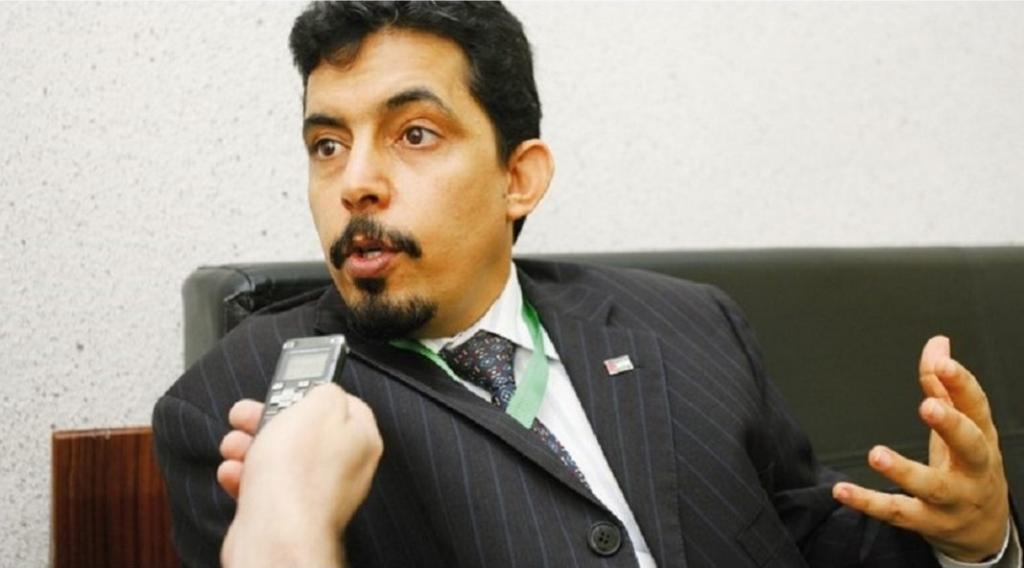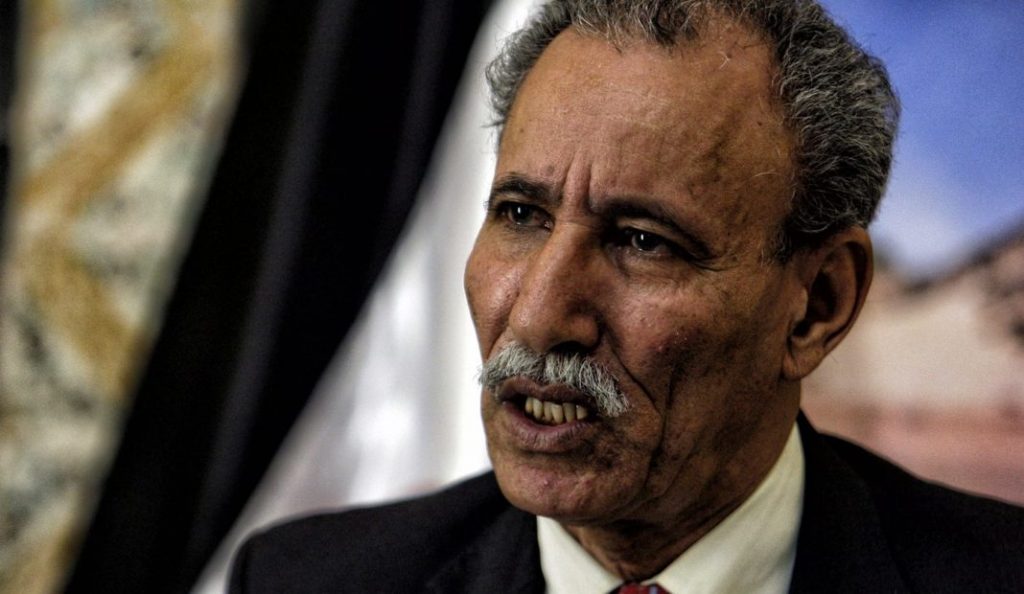Between division and internal problems, what is the future of the Polisario?
There is currently widespread belief among pro-Moroccan, neutral, and pro-independence individuals that the Polisario Front is weakened and vulnerable to exploitation by Morocco.
This belief is reinforced by recent events such as the resignation of Oubi Bachir Bouchraya, the Polisario Front’s representative in Europe, due to “deep differences” and “forced methods” within the organization. Bouchraya’s resignation and refusal to participate in the upcoming 16th congress, which had previously marked him as a likely successor to the current leadership, has added to the destabilization caused by the mass defection against the current leader, Brahim Ghali.

According to Moroccan sources, Algerian officials of the Polisario Front have released a report discussing the reasons for Bouchraya’s resignation. With these issues and opposition factors at play, it is uncertain what the future holds for the Polisario Front.
In addition to the internal conflicts and opposition within the Polisario Front, there are also external issues the organization is facing. One example is the cancellation of the purchase of Iranian drones and a decrease in foreign aid. Bachir Mustapha Sayed, who has taken control of the Polisario Front’s “war” against the Royal Armed Forces, has used this as an opportunity to launch his campaign for leadership within the organization.
This has been a long-term goal for Sayed, who has been aspiring to take control of the Front since the death of his brother, Mustapha El Ouali, in 1976. As a result, the Polisario Front will now have to rely on the support of the Algerian armed forces and its existing resources to continue the fight.
There are also personal problems being faced by the family of its leader, Brahim Ghali. Specifically, Ghali’s son is currently under investigation by Spanish justice for suspicion of falsification of documents.
Judge Lasala has ordered Luali Brahim to appear in court in Zaragoza within 10 days to face these charges, and if he does not comply he will be held in contempt of court. The State Security Forces and Corps have been made aware of this order and have the corresponding requisition in their automated files.
This situation adds further complications for the Polisario Front as it faces challenges both within and outside the organization.
The situation involving Luali Brahim’s investigation for document falsification could potentially damage the reputation and relationships between Spain and the Polisario Front. This is particularly concerning as Spain currently supports Morocco’s autonomy plan, which is opposed by the Polisario Front.
As a result, the organization has moved its “European Conference of Solidarity and Support to the Saharawi people (EUCOCO)” from Spain to Germany, where it may also face difficulties due to the German government’s support for the Moroccan autonomy plan. These developments highlight the ongoing challenges and complications faced by the Polisario Front in its efforts to secure independence for the Saharawi people.
Especially since according to Hadi Ahmed Barikallah, a former senior Polisario official who left the Polisario Front, this group would collapse like the IRA in Ireland due to these internal problems and the Algerian hand.
Finally, in one of the “brother” countries of the Polisario and one of the greatest historical allies, Mauritania, a protest movement is beginning to expand against the forces of the Polisario.
While the Polisario would have invited political groups to ensure local support, voices were raised to call for a boycott of the event, arguing human rights violations committed by the separatist movement against Mauritanian nationals . If the anti-Polisario protest and boycott movement expands and gains a majority, the Polisario Front would lose one of its historical allies and would be truly weakened in its fight against Morocco.
In summary, Morocco may be able to take advantage of the erosion of support for the Polisario Front in Mauritania and extend its influence against the organization. The Polisario Front is also struggling to maintain stability due to internal political dissent and legal issues at the international level. It is uncertain what the future holds for this conflict, as Algeria could potentially intervene to change the situation or choose to do nothing.

The future of the conflict between Morocco and the Polisario Front depends heavily on the outcome of the organization’s upcoming Congress in January, where the leadership and direction of the “Saharawi Arab Democratic Republic” will be determined. While the current leader, Brahim Ghali, faces challenges due to Morocco’s international progress, military actions, and internal dissent within the Polisario Front, the Congress will ultimately decide the path forward for the organization.

